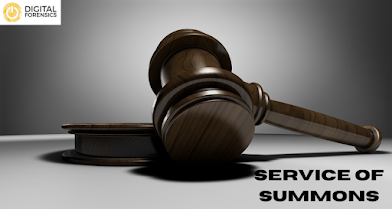Digital forensics is a field that involves the collection, analysis, and preservation of electronic evidence for the investigation and prevention of cybercrime. The specific qualifications required for a career in digital forensics can vary by job role and employer. However, here are some common qualifications and skills that are commonly sought in this field:
Education:
Often a minimum requirement is a bachelor's degree in a relevant field such
as computer science, cyber security, information technology or digital forensics.
Some positions may require or prefer a master's degree.
Certifications:
Certification can play an important role in creating expertise. Some commonly
recognized certifications in digital forensics include:
Certified Information Systems Security Professional (CISSP): Provides a broad understanding of information security principles.
Certified Ethical Hacker (CEH): Focus on ethical hacking and penetration testing skills.
GIAC Certified Forensic Analyst (GCFA): Specifically focused on digital forensics and incident response.
Technical Skills:
Proficiency in using digital forensics tools and software is essential.
Knowledge of tools like EnCase, FTK (Forensic Toolkit), Autopsy, and
open-source tools is often required.
Computer Networking
Knowledge:
An understanding of networks and computer protocols is essential for analyzing network-based evidence and conducting investigations involving network traffic.
Programming and
Scripting Skills:
Knowledge of programming languages such as Python, Perl, or shell scripting can be useful for automating tasks and developing custom scripts for analysis.
Operating System
Knowledge:
A strong understanding of different operating systems (Windows, Linux, macOS) is essential for analyzing evidence from different platforms.
Legal and Ethical
Knowledge:



